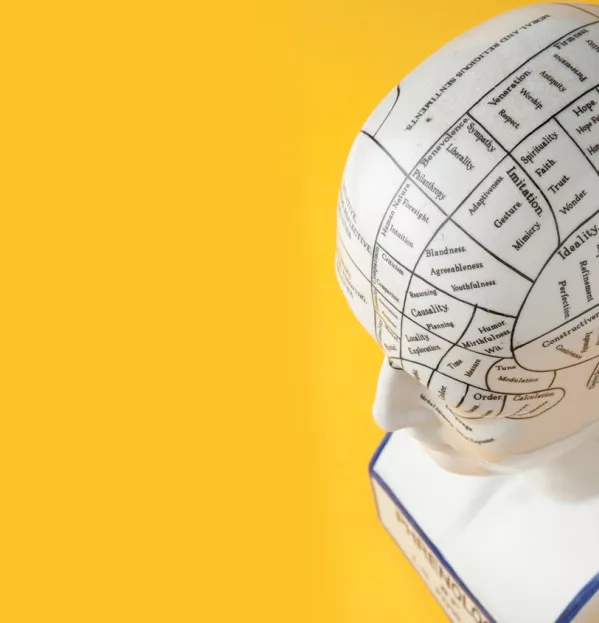The mental health and wellbeing of our young people is quite rightly capturing the attention of the country’s leaders. Last month, prime minister Theresa May announced the piloting of new schemes to ensure schools and colleges work with the NHS to support young people with mental health problems. This was welcomed by Association of Colleges president Ian Ashman, who last year campaigned to improve mental health support services in the sector.
The campaign was prompted by a survey of college staff, which revealed that two-thirds felt they had significant numbers of students with undisclosed mental health difficulties; 86 per cent felt this was on the rise.
I am not sure whether the number of young people with mental health issues is greater now than it was a generation ago. That said, some of the longstanding factors, such as exam stress and fierce competition, have been exacerbated by increased isolation as a result of technology.
Whether or not we have a bigger problem, or simply heightened awareness, doesn’t really matter. What matters is how our education system can best support young people to build the emotional resilience required to withstand life’s pressures. Colleges and schools have a real opportunity to create a climate that builds confidence, encourages young people to take risks and to view failure as an essential part of learning.
Understanding that the brain is like a muscle, which needs exercise in order to grow and meet its enormous potential, can boost self-esteem for learners who have been made to feel inadequate at school
At Activate Learning, our philosophy recognises the importance of the brain, motivation and emotions in creating an environment for balanced and effective learning. We want to pass on what we have learnt from neuroscience to help young people understand how their brain functions and how they can look after it. Last year, we launched an induction programme that teaches why sleep is important for good mental health; the impact of using technology before going to bed; and how the brain forms networks as learning takes place.
Understanding that the brain is like a muscle, which needs exercise in order to grow and meet its enormous potential, can boost self-esteem for learners who have been made to feel inadequate at school. Having started to accept the potential of their brain, learners must then be motivated to realise it. This means understanding the relevance of learning, as well as having control over what you learn. Students on our induction programme reported feeling more positive, as they understood that those who appear to be clever had simply had more opportunities to practice their craft. We typically see the success in others, rather than the effort that goes into achieving it.
The final, yet most significant, element of the learning philosophy is our emotions. If we feel insecure, then we immediately sabotage our ability to learn. Many young people have felt belittled by their educational experience and are in no place to step out and take the risks required to learn something new. Creating a safe space in which to solve problems and learn from mistakes opens up new learning opportunities and, I would argue, boosts mental health and wellbeing.
I would call on educators to carefully consider the climate they create in their classrooms, as much as the content they deliver. While this is by no means the answer to tackling all mental health problems, many of which are complex, a focus on how we learn can improve learners’ outlook and their ability to bounce back from life’s knocks.
Sally Dicketts is chief executive of Activate Learning. She tweets @sallydicketts
